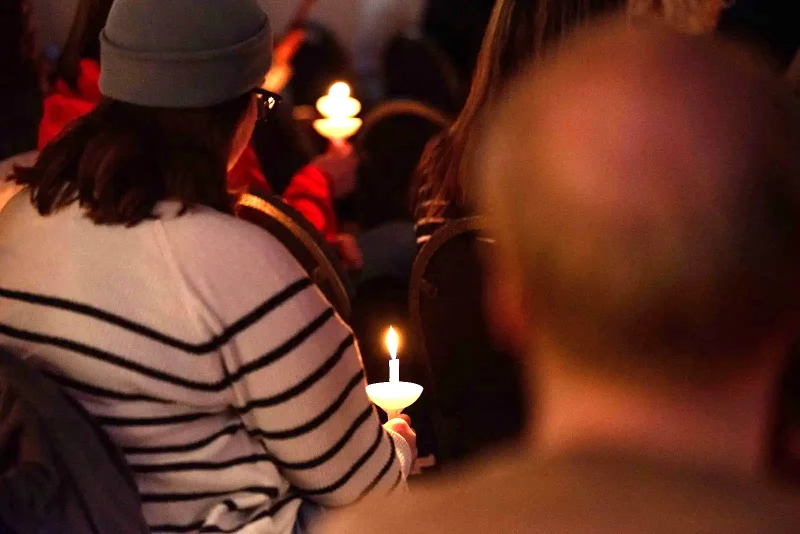Who We Are
Mosaic is a transformational two-year program for congregations and their leaders to embrace peacemaking as core to Christian discipleship.
What is Mosaic?
Mosaic is a program designed for church leaders and congregations looking to move beyond toxic polarization and division and form a community of peacemakers equipped to transform conflict and injustice in their neighborhood.
This two year program will fundamentally transform how participating congregations understand themselves and their communities, and they will be empowered to be countercultural places of reconciliation and healing, communities seeking to live out Jesus’ calling to be embodied peacemakers.
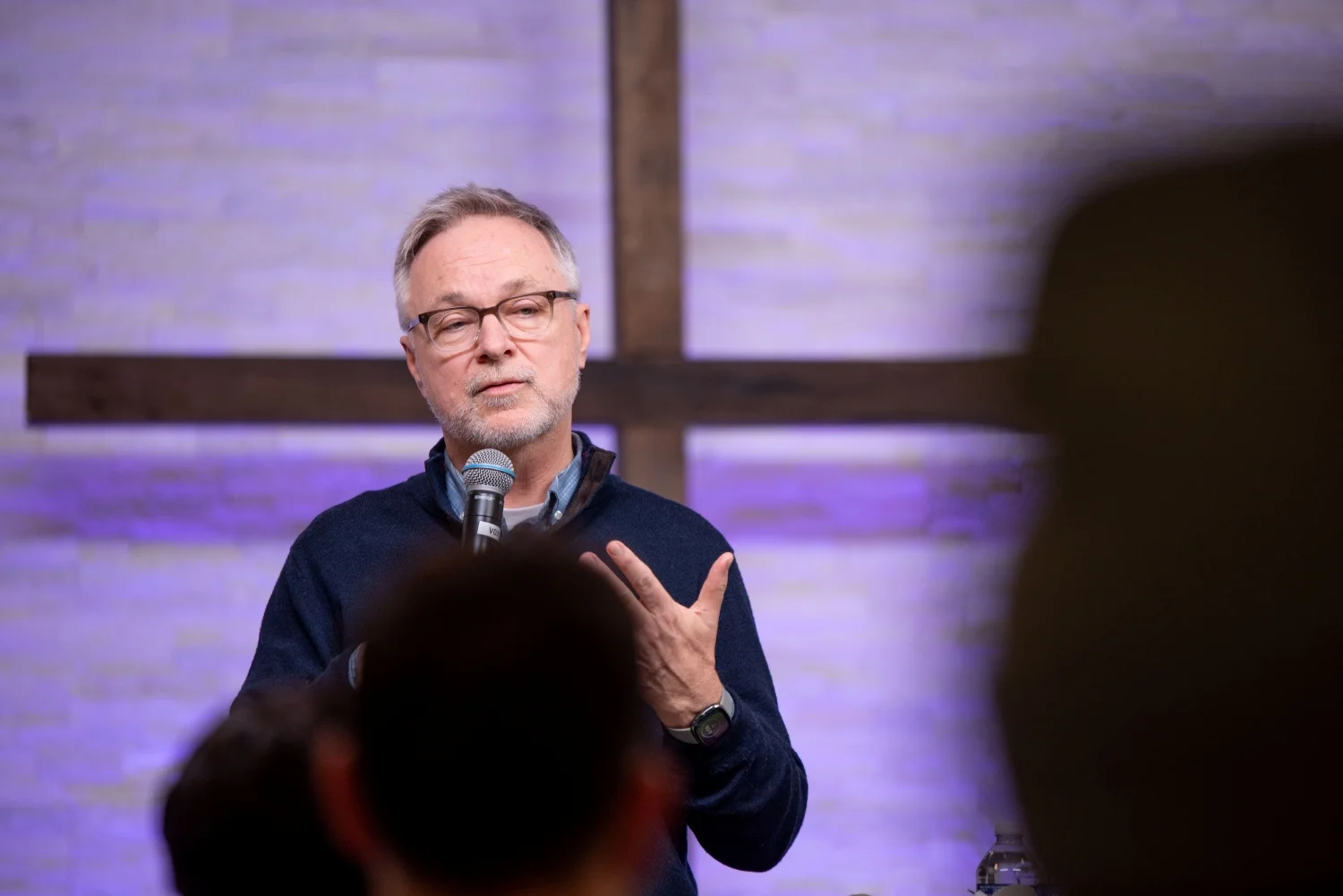
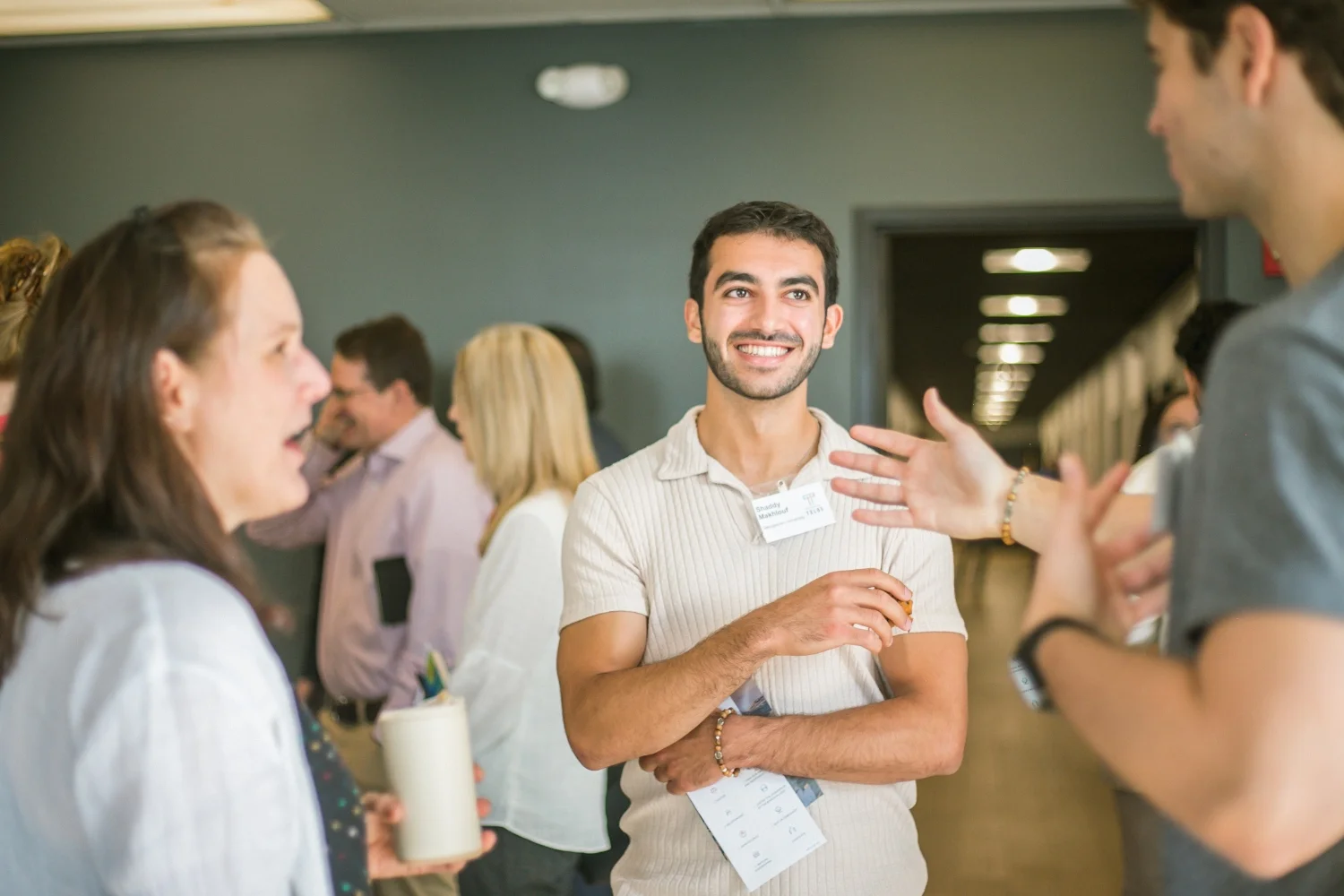
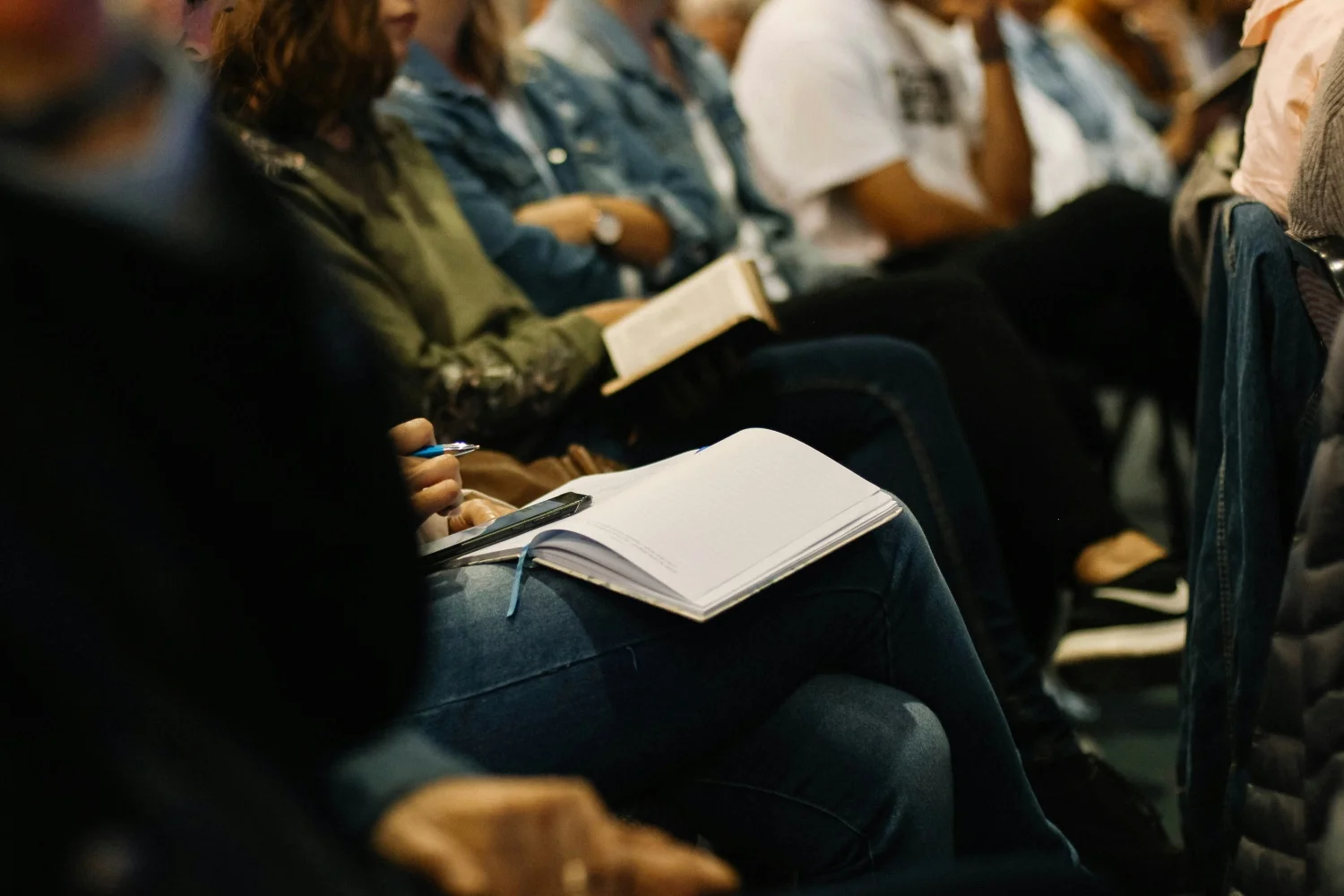
Our Mission
Mosaic exists to form communities of Christian leaders who pursue justice and reconciliation as central to their discipleship. We believe that when churches embrace their prophetic role in society—to speak truth, foster healing, and model love across lines of division—whole communities can flourish. Our mission is to support and equip churches to live into this calling, with courage and clarity.
Our Approach
The Mosaic Peacemaking Journey is intentionally designed to incorporate regular learning opportunities in the work of peacemaking in a variety of modes and mediums, all housed within a supportive learning cohort of peer ministry leaders.
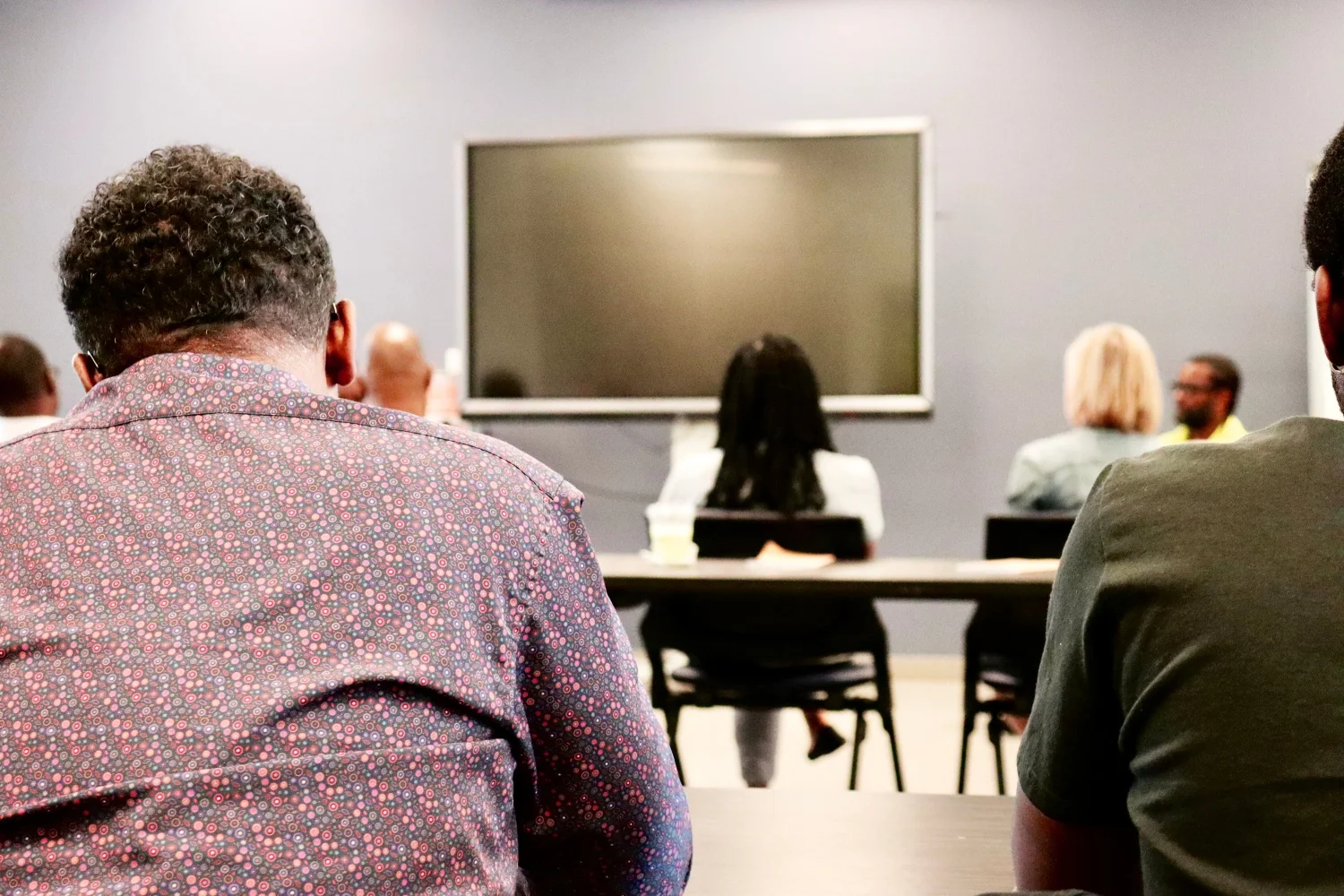
Monthly Peacemaking Seminars
Learning from scholars-practitioners in monthly virtual seminars, we will become equipped to lead our communities through divisions into flourishing.
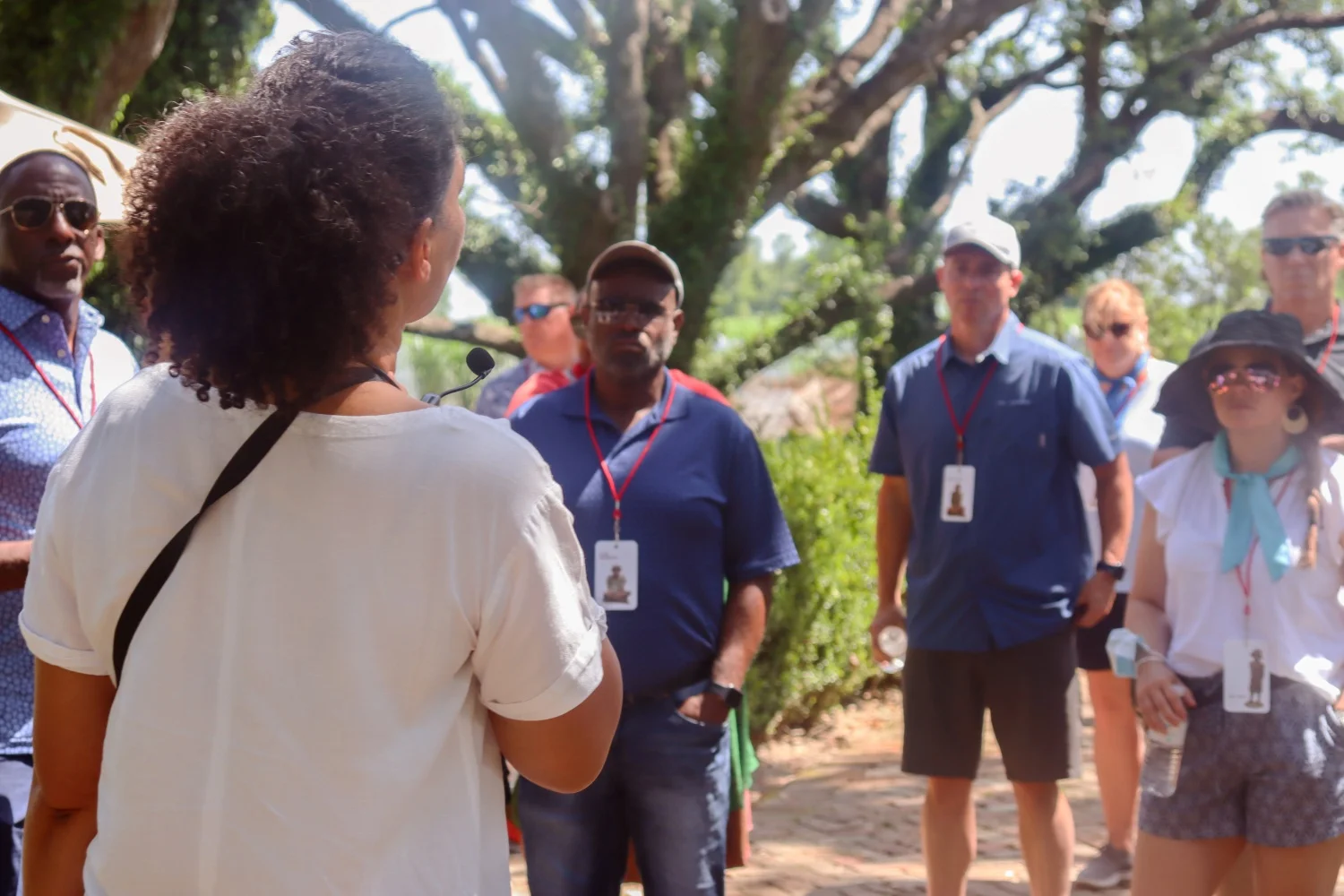
Immersive Learning Experiences
Cohort participants take part in our two immersive learning experiences—the US South and Ireland/Northern Ireland—offering unparalleled insights into historic and contemporary sources of conflict and what transformation requires.
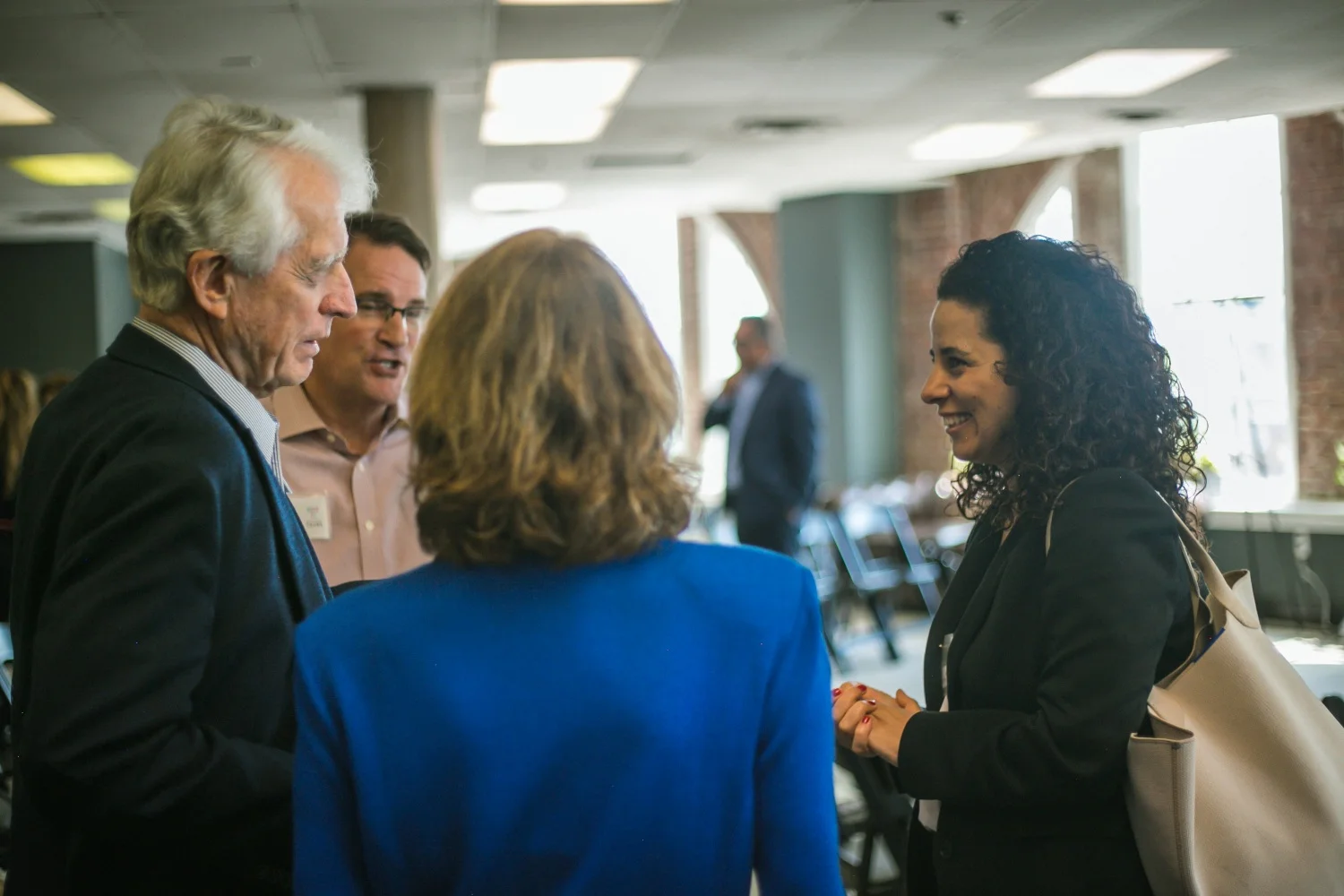
Supportive Cohort Community
Alongside other clergy and congregational leaders navigating corrosive divisions, you’ll find space for honest reflection, encouragement, collaboration, and rest—united by an active, embodied hope in God’s promised Beloved Community.
Six Principles of Peacemaking
 Growth
Growth
 Growth
Growth Change is always possible
Human hearts, as well as cultures and systems of power, can change. Each of us impacts our reality—for ourselves and for others. It’s not a question of whether we change our world, but how. So we practice hope: We strive for positive change, in ourselves and for others. “Hope is what you do.”—Rev. Mitri Raheb
 Equity
Equity
 Equity
Equity Ownership is the Bedrock of Equality
Equality asks: Who has a seat at the table? But equity first asks: Whose table is it? We are all stakeholders in our own communities and societies. Yet many of us are treated as guests in our own homes. We build the foundations of just communities when we recognize our neighbors as shared stakeholders and protect their equal voice in shaping our communities. We can then further address ongoing inequalities by securing equally accessible opportunities for all.
 Justice
Justice
 Justice
Justice Peace and Justice are Intertwined
Working for peace without justice is unserious, empty and dangerous. Working for justice without concern for healing and reconciliation can degenerate into violence and revenge. “Justice” is expansive and contested. Yet true justice enables the possibility of mutual flourishing: dignity, security, and freedom for all in equal measure. “True peace is not the absence of tension: it is the presence of justice”–Rev. Martin Luther King, Jr.
 Relationship
Relationship
 Relationship
Relationship Authentic Relationships Across Lines of Difference Fuel Transformation
Authentic relationships form the core of peacemaking. Intentionally cultivating non-transactional relationships across lines of difference provides space for individual transformation, nurtures empathy and humility, and emphasizes the humanity of those different from us. Diverse, reciprocal relationships ground our ideologies, theologies and politics in the humanity and lived experience of others. They awaken the possibility for communal, societal and systemic change.
 Nonviolence
Nonviolence
 Nonviolence
Nonviolence “Nonviolence Is a Way of Life for Courageous People” –Rev. Martin Luther King, Jr.
Active nonviolence promotes freedom and justice and is grounded in a spirit of love and hope. Creative and clear resistance against all forms of violence—direct, structural, and cultural—heals our world and paves the path to reconciliation. Just peacemaking is a courageous, countercultural and purpose-driven way of life.
 Mutual Flourishing
Mutual Flourishing
 Mutual Flourishing
Mutual Flourishing The End Goal, or Telos, Is Beloved Community
Our telos is not the defeat of “enemies,” but the personal and systemic transformation that allows for mutual flourishing, reconciliation and the creation of the “Beloved Community.” We form communities that in composition and practice model the world we strive towards. Joyous, intentional, reflective, action-oriented communities replace unjust systems with just peace. “We belong to each other” – Mother Teresa
Six Practices of Peacemaking
 Listen to Understand
Listen to Understand
 Listen to Understand
Listen to Understand Before we can hope to heal our world, we must first learn to see it as it actually is. We listen to understand before seeking to be understood. Deep listening cultivates curiosity while surfacing the motivations and views that underlie the issues that divide us. As we are heard and understood, opportunity opens to explore and heal. So we begin by meeting the other, and ourselves, where we are. “Love’s first act is to listen.” – Paul Tillich.
 Hold competing perspectives in tension
Hold competing perspectives in tension
 Hold competing perspectives in tension
Hold competing perspectives in tension Peacemaking recognizes that my story is not the only story. As humans, we experience our shared reality differently. Engaging the views and experiences of others, even when they do not reconcile with our own, unlocks the ability to better identify causes of and solutions to otherwise intractable conflict. “The opposite of a fact is falsehood, but the opposite of one profound truth may very well be another profound truth.” – Niels Bohr
 Own our agency and responsibility
Own our agency and responsibility
 Own our agency and responsibility
Own our agency and responsibility We own our duty to leave this world better than we found it. We embrace discomfort and uncertainty, which often signify and catalyze growth. We recognize that we and our communities–often unwittingly–do both good and harm. So we claim our agency and responsibility to repair harm and work for good. Yet we act with humility. We’re not here to be heroes, but servants. “To seek peace and pursue it, that is always the right thing to do. Especially when it seems impossible.” – Issa J. Khalil
 Center the Leadership of the Marginalized
Center the Leadership of the Marginalized
 Center the Leadership of the Marginalized
Center the Leadership of the Marginalized Being near—or proximate—to those most vulnerable is the foundation of effective, ethical movements. Those closest to a problem are best equipped to define the problem–which is the most important step in finding a just solution. And those who pay the greatest price of unjust systems often develop essential perspectives on how to transform those systems. We honor their resilience and expertise by using our platforms to amplify their voices and leadership, not imposing our own.
 Self-Interrogate
Self-Interrogate
 Self-Interrogate
Self-Interrogate Peacemaking is both an internal and an external practice. We access our power to drive change when we first allow our own hearts and minds to transform. We can then invite our families, communities, institutions and countries on similar journeys. We identify our biases, question our assumptions, and continually assess whether we unknowingly contribute to or benefit from injustice. While we never neglect to call out the unjust behaviors of our adversaries, we leverage our power within our own families and communities to urgently promote just peace. “Let there be peace and let it begin with me.” – Ainka Sanders Jackson
 Advocate
Advocate
 Advocate
Advocate We align our actions with our values. As we grow internally, we learn to lovingly challenge our families, friends, communities and institutions to address systemic injustice and work towards mutual flourishing. We amplify voices of companions, steward our limited resources, and exercise our sacred political rights in ways that transform conflict and promote just peace. Together, our actions weave the fabric of Beloved Community.
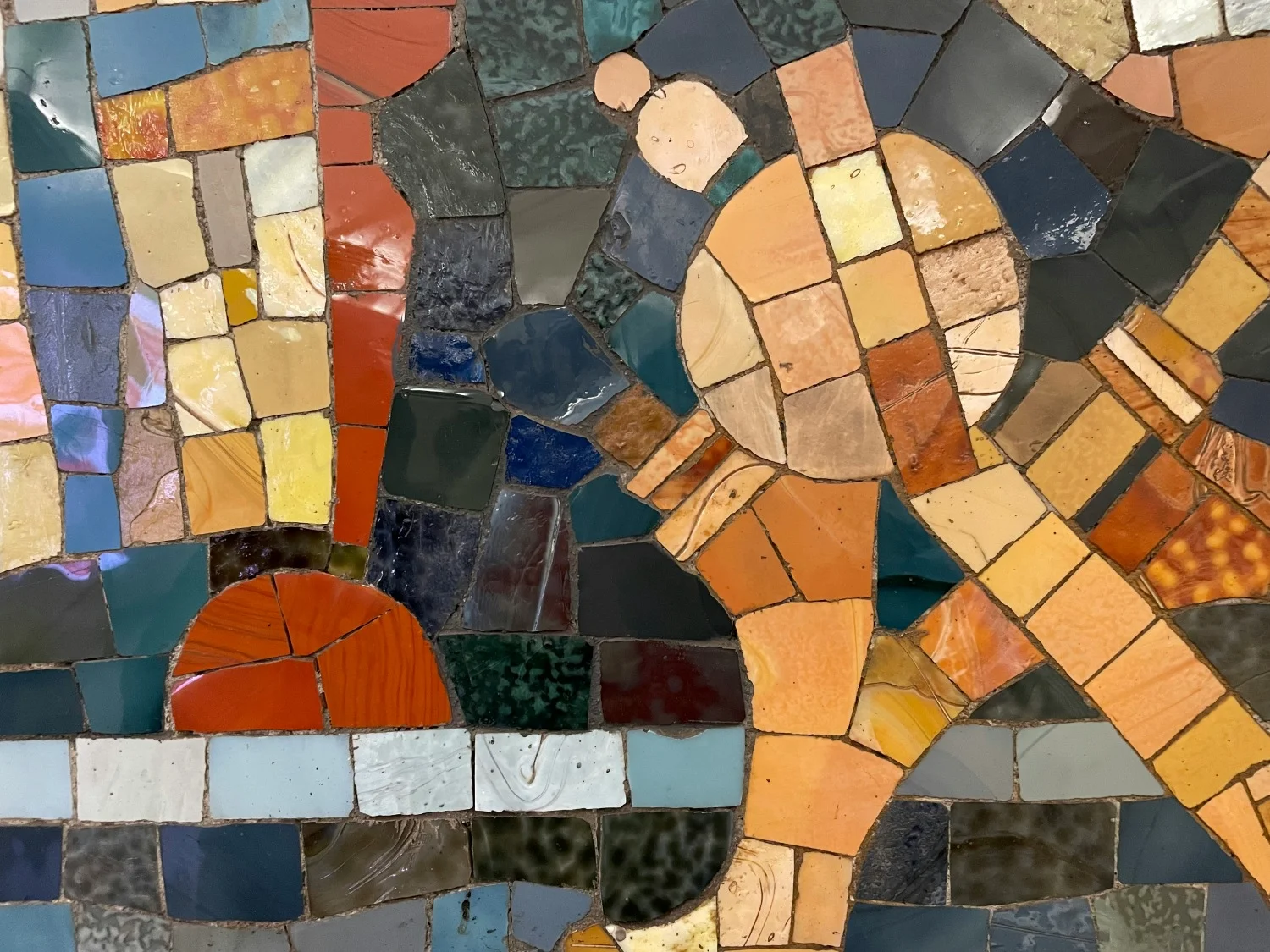
The Story Behind the Name
The mosaic art form captures the essential nature of our interconnectedness. We are interdependent. We need each other’s contributions. Others need the contributions only we can give. This is the beauty and mystery of shalom: when our relationships are in right order with God, each other, and the created order, something new emerges—something we might call flourishing and joy.
Our work in the Mosaic program is to help build the movement within the church that gives breath to this flourishing and enables shalom for all of us.
Our Staff
Mosaic is led by a team of committed peacemakers across the U.S., who oversee each facet of the program's components with expertise, care, organization, and vision. Your involvement in Mosaic will offer you and your church an immediate community of support.
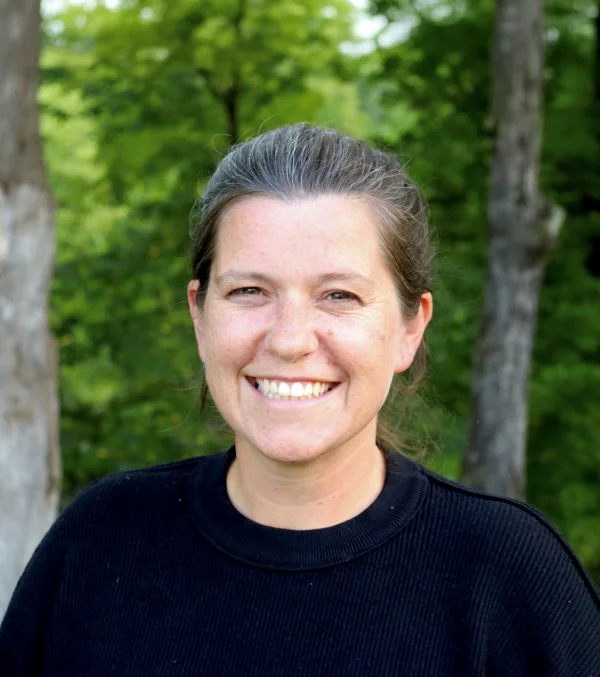
Emily Cullum
Director of Program Excellence and Development, Washington, DC

Emily Cullum
Emily spent over a decade in senior positions in communications and development in both the private and non-profit sectors before joining Telos as a Program Advisor. Most recently, she served as Chief Development Officer for a counter-human trafficking organization, where she helped more than double the organization’s size and impact. Emily is especially interested in solving complex problems that inhibit human flourishing. Emily began her career as a high school math teacher in Richmond, CA through Teach For America after graduating from Wake Forest University with a degree in Economics. She lives in Fairfax County, Virginia with her husband and three children.
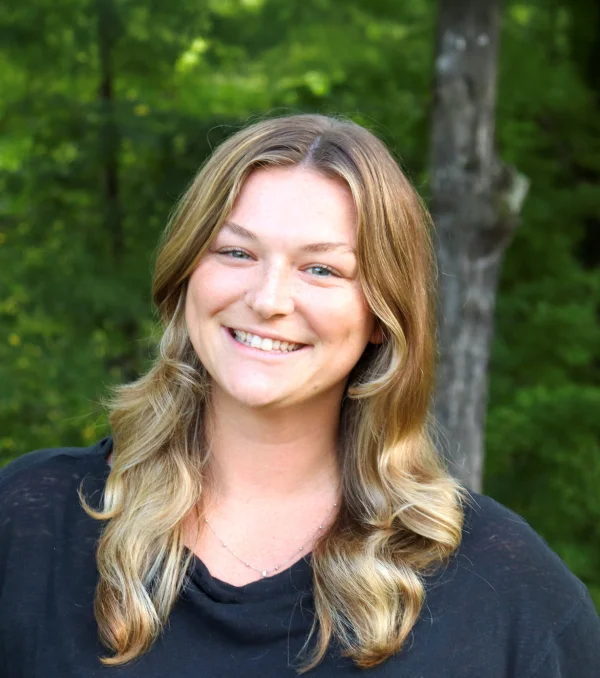
Frances Crane
Program Operations Specialist, New Orleans

Frances Crane
Frances grew up in Montgomery Alabama where she first realized her passion for community involvement through impactful and transformational relationships. She is a graduate of the University of Mississippi, where she studied Human Resource Management and Entrepreneurship. She is currently pursuing a Masters Degree in Public Administration specializing in Nonprofit Leadership at the University of New Orleans. Frances hopes to use her degree to better recognize social injustices and take steps towards remedies in her community to create a caring environment that instills acceptance, leadership, and a just peace. In her spare time, she enjoys interning at a local nonprofit, Son of a Saint, an organization focused on transforming the lives of fatherless boys through mentorship and emotional support, as well as teaching swim lessons and spreading the importance of water safety and lifeguarding.
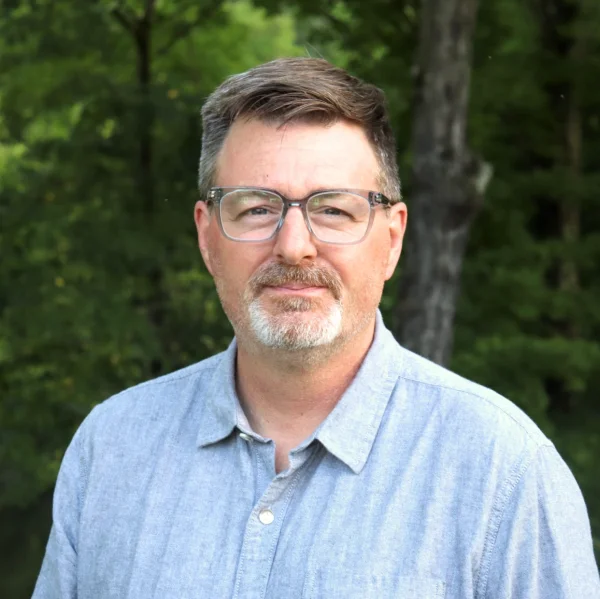
Dave Davis
Chief Operating Officer, Glen Ellyn, IL

Dave Davis
Dave is a husband, father, author, wanderer, and the founder of The Ashland Group, a strategic consulting firm designed to help churches, not for profits and corporations. Before joining Telos, Dave served at Parkview Community Church in Glen Ellyn, IL since 2009 – first as Executive Pastor and then as Lead Pastor – and prior to that as Executive Pastor at River Pointe Church in Sugar Land, TX for nearly 10 years. His mission is to help individuals and organizations move closer to their God given path. In addition to his pastoral and strategic work, he serves as the Chicago Metro Director for Living Water International.
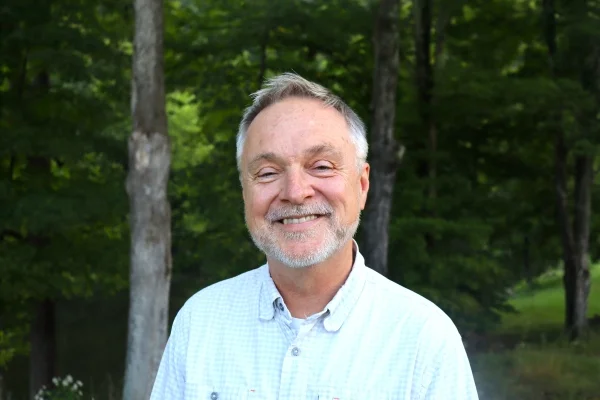
Todd Deatherage
Executive Director and Co-Founder, Washington, DC

Todd Deatherage
Todd spent sixteen years in senior positions in the legislative and executive branches of the U.S. government before co-founding the Telos Group. From 2005 to 2009, he was Chief of Staff in the Secretary of State’s Office of Policy Planning at the U.S. State Department. He also spent two years as Senior Advisor in the Department’s Office of International Religious Freedom, where he specialized in religious freedom in the Middle East. Todd worked for a decade in the U.S. Congress, including six years as Chief of Staff to Senator Tim Hutchinson. He is a native Arkansan and a graduate of the University of Arkansas. He began his career as an educator. He and his family live in Fairfax County, Virginia.
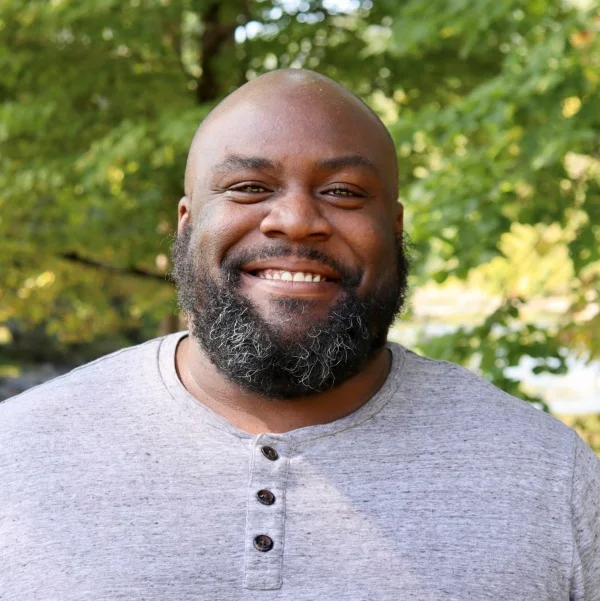
DeSean Dyson
Director of US Programming - ReStory US, Jackson, Mississippi

DeSean Dyson
DeSean brings over 15 years of experience in education and leadership, dedicated to supporting communities that have been historically underserved and marginalized. In his previous roles as assistant professor and special assistant to the President at Mississippi College, and as founding Head of School at The Redeemer’s School in Jackson, Mississippi, DeSean has focused on shaping the next generation of educators, promoting equity and inclusion within institutions, and cultivating environments centered on academic excellence and holistic development that support students and families.
DeSean holds a B.A. in History from Belhaven University with a minor in Political Science and an M.Ed. in Educational Leadership from Mississippi College, and a PhD in Higher Education Administration from Jackson State University. DeSean lives in Jackson, Mississippi, with his wife and their three children.
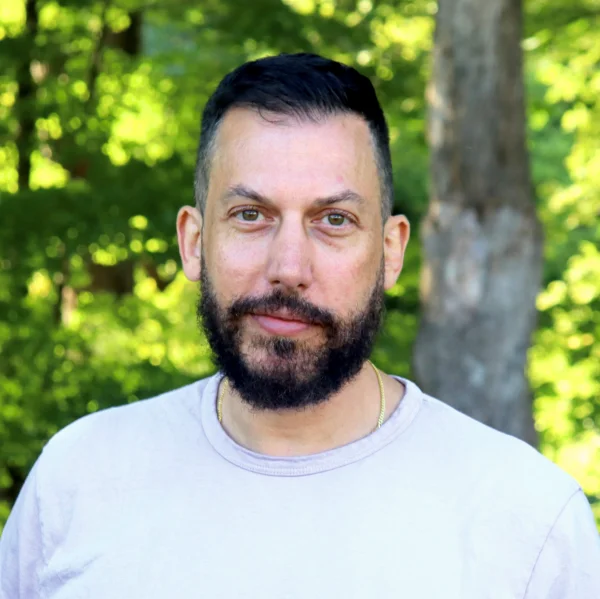
Greg Khalil
President and Co-Founder, New York City

Greg Khalil
Before founding the Telos Group, Greg lived in Ramallah, the West Bank, where he advised the Palestinian leadership on peace negotiations with Israel. Although Greg was born and raised in San Diego, California, much of his extended family still lives in Beit Sahour, a predominantly Palestinian Christian town near Bethlehem. He has lectured widely on the Middle East and has been published by The Review of Faith & International Affairs and The New York Times. Greg is also a founding member and the Chair of the Board of Directors for Narrative 4, a global non-profit that cultivates empathic leadership through story exchange. And he is an Adjunct Professor at Columbia University’s Graduate School of Journalism. Greg is a graduate of the University of California, Los Angeles and Yale Law School.
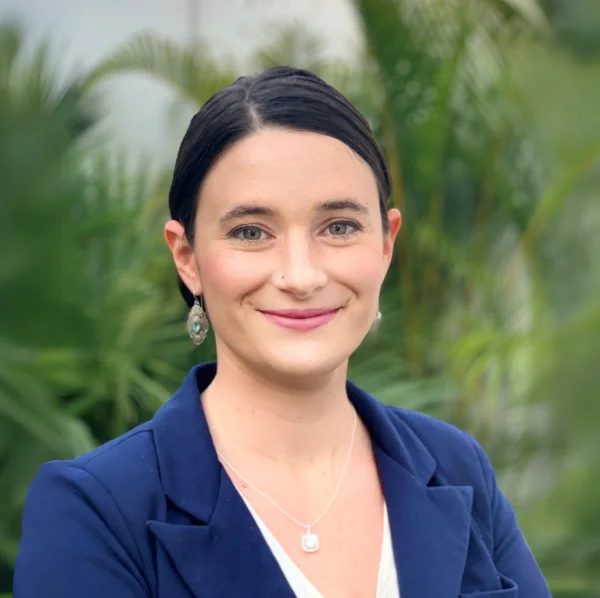
Marion Pareja
Director of Marketing and Communications, Washington, DC

Marion Pareja
Marion integrates research, strategy, and creativity to amplify stories of transformation and shape public narratives around conflict and belonging. Storytelling—through words, visuals, and lived experience—has been a consistent thread in all of her work. With more than a decade of experience in marketing, brand development, and communications strategy, she brings a passion for connecting people through narrative and a deep commitment to purpose-driven work.
She holds a Master’s in International Relations from Harvard University, where she focused on peacebuilding and resilience in conflict-affected regions, and a BFA in Illustration and Design from the Academy of Art University. Her career has spanned startups, nonprofits, and government organizations, and she has lived and worked in France, Mexico, Nepal, and the Middle East.
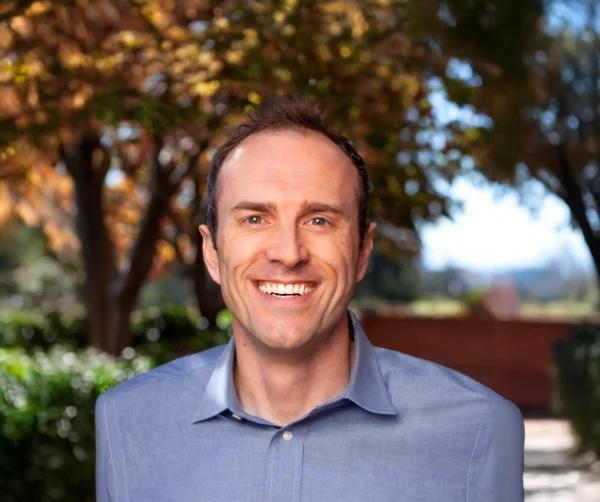
Ryan Pemberton
Director of Christian Engagement, Seattle, WA

Ryan Pemberton
Ryan is passionate about connecting others, bridging differences, transformative learning experiences, and exploring more expansive conceptions of vocation. A Pacific Northwest native, Ryan’s career has spanned communications, ministry, and higher education. As Minister for University Engagement in Berkeley, California from 2015 to 2020, he led learning trips to Latin America to better understand the causes of global immigration and how Christians are supporting those most affected by restrictive immigration policies and beliefs.
He holds master’s degrees in theology from Duke Divinity School and Oxford University, where he co-founded the Oxford Open Forum, an interreligious dialogue group. Ryan makes his home in the Pacific Northwest, where he is a candidate for ordained ministry in the PC (USA) denomination. He enjoys reading, running, cooking, and cheering on his two children.
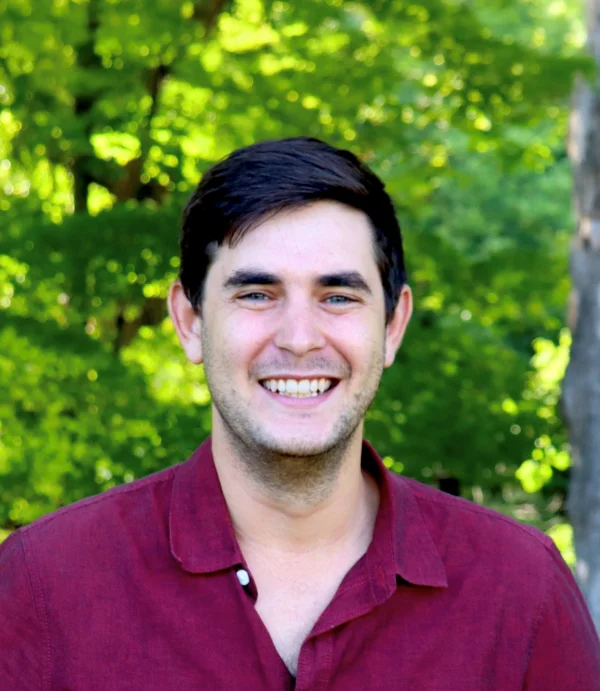
Eli Philip
Director of International Programming, Jerusalem

Eli Philip
Eli is a Jerusalem based activist and community organizer. Prior to joining Telos, Eli worked as campaigning manager for an Israeli human rights organization, and was involved in local grassroots movements working towards an end to occupation.
Eli grew up in Israel, and later moved to Philadelphia with his family. Eli graduated from Brandeis University with a degree in Islamic and Middle Eastern studies, and has recently earned a Master’s degree in Urban Design from Bezalel University in Jerusalem. Outside of work and activism, Eli is an avid birder and hiker.
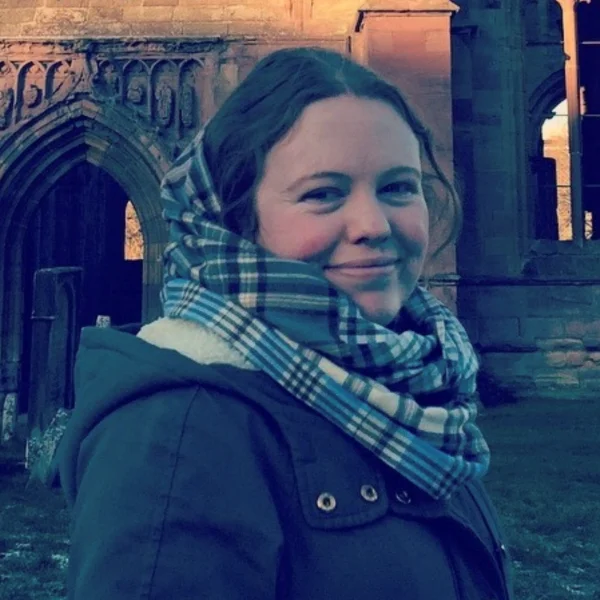
Rebecca Swanson
2024 Fellow

Rebecca Swanson
Rebecca recently graduated from the Hebrew University of Jerusalem with a master’s degree in Nonprofit Management and holds a bachelor’s degree in Politics and International Relations from the University of Aberdeen. She grew up in the California Bay Area but is originally from, and now lives in, Scotland. She is also an associate member of the Iona Community, an international ecumenical Christian peace and justice organization. Rebecca’s dedication to inner and outer peacemaking stems from her time living and studying in Israel-Palestine, her experiences with trauma-informed mental health advocacy, and her family’s experiences during the Northern Irish Troubles. She is passionate about the intersection of peacemaking, feminism, Christian pacifism, and liberation theology. In addition, Rebecca enjoys reading, and reclaiming ancestral handicrafts such as weaving and needlework.
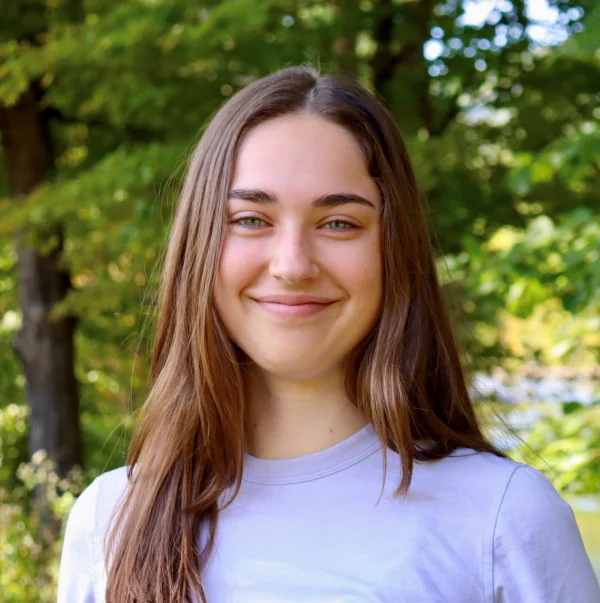
Mary Joy Wytsma
Program Coordinator for Development and Marketing, Washington, DC

Mary Joy Wytsma
Mary Joy graduated from Portland State University with a degree in business management and leadership and a minor in Mandarin Chinese. She also holds a master’s degree in Social Justice from Kilns College (now called the Voices School for Liberation and Transformation). She is passionate about justice, equity, and environmental stewardship and seeks to prioritize learning from people with different backgrounds and life experiences than her own. In her free time, Mary Joy enjoys dancing salsa and bachata, reading, and gardening.
Connection to Telos
Mosaic is an affiliate program of The Telos Group. For nearly two decades, Telos has been working to build a world in which all can flourish by unleashing our power to confront injustice.
Through our transformational immerse, train, act model of peacemaking, we are equipping the church and beyond to collaborate across lines of difference to heal seemingly intractable conflict at home and abroad.
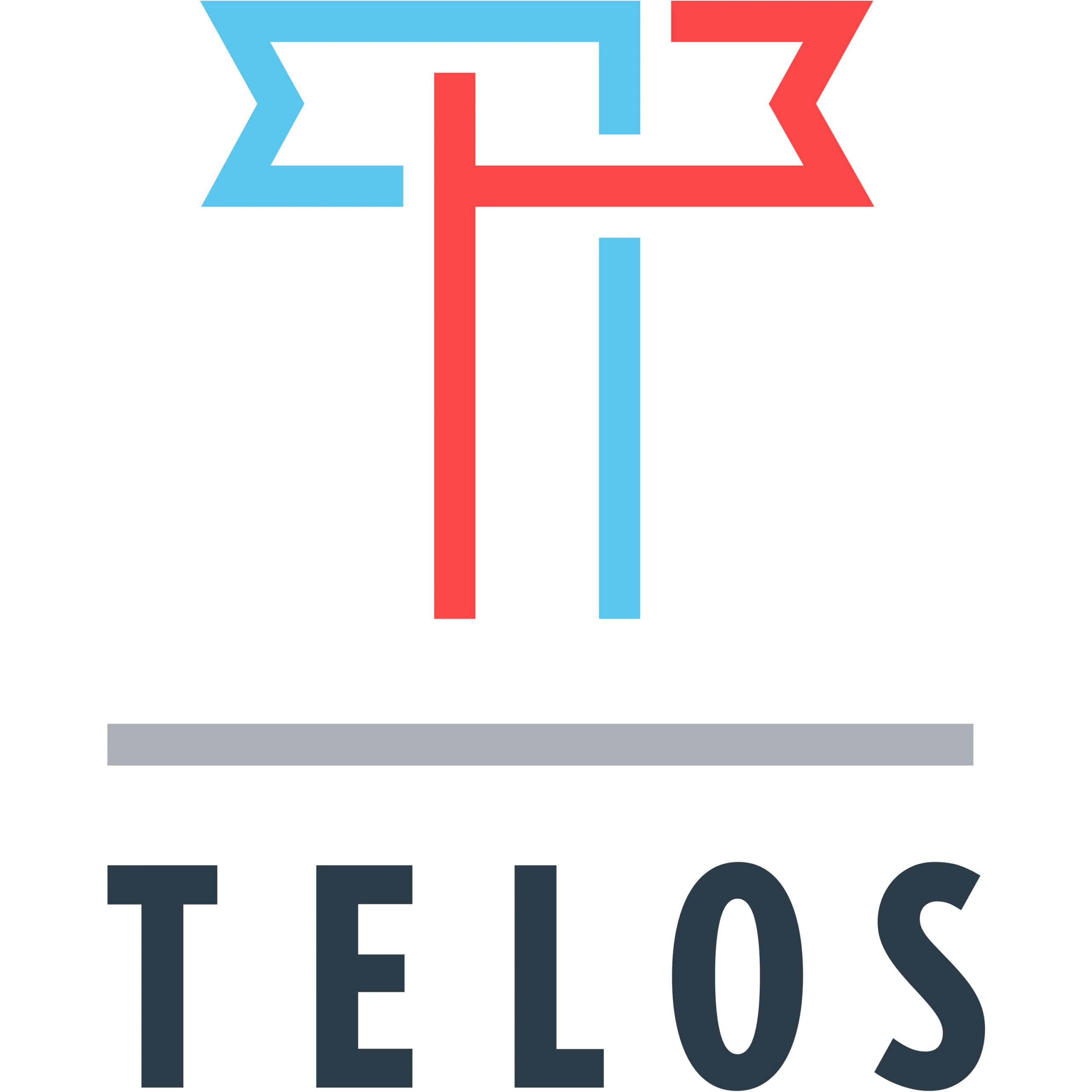
Interested in Supporting our Work?
Your support allows Mosaic to invest in leaders and congregations ready to pursue a better way. By donating to Mosaic, you're helping build communities where peace is practiced, justice is pursued, and love is embodied.
